
If there is anything certain that has come from social distancing, other than keeping everyone safe, it’s that people miss hugging. Which begs the question, what are the effects of a year of limited human contact in the year of no hugs?
Humans are designed to feel the touch of others and want to embrace each other with a hug.

Whether it’s from a friend, family member, spouse, or someone you’ve just met, a hug makes you feel more connected to the other person. A good hug can feel like a Sunday dinner on a rainy evening with delicious hot foods and the warmth of sharing a meal with others – It just feels so good.
With the pandemic looming over everyone’s head the past year, it’s been an emotional struggle to reduce human contact. There is a longing to reconnect and get back to normalcy.
Are you feeling an enormous hole missing from your life because you’re unable to hug someone?
Is it a co-worker that you’ve bonded with, a grandchild, or a cashier at the grocery store who you’ve known for years?
More than likely, there is a void in your life.
And those feelings cannot continue to be ignored. Your mental health may depend on it.
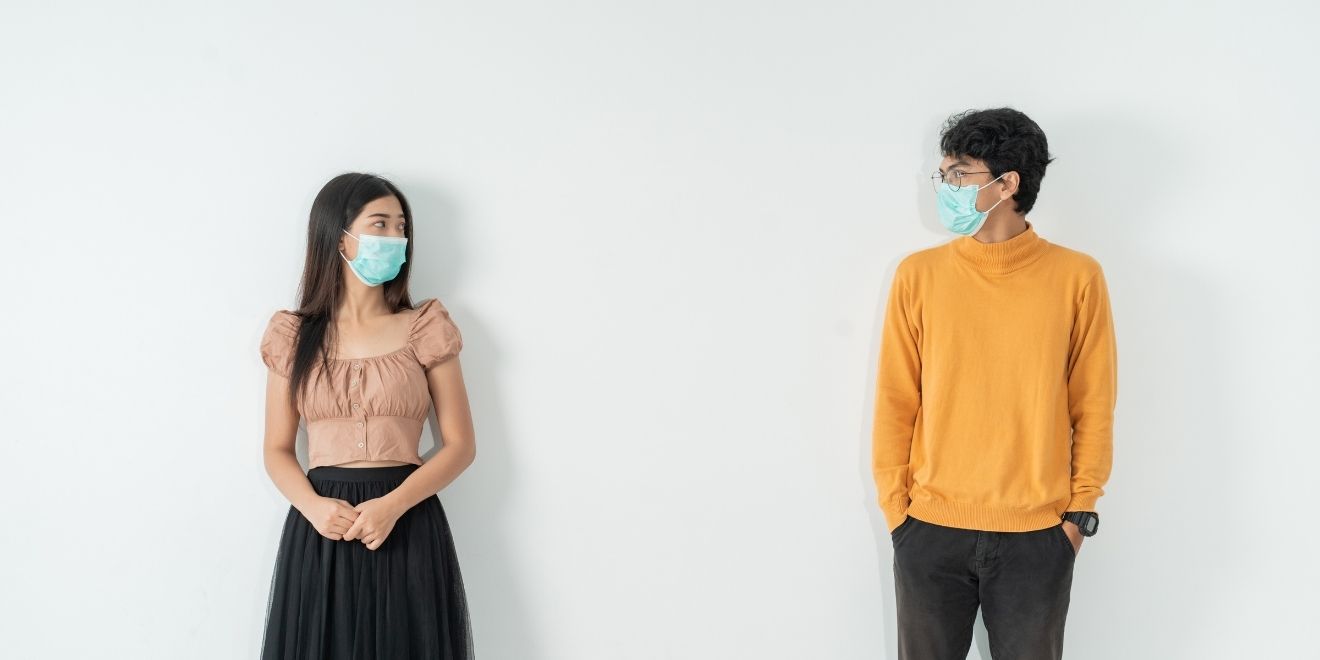
This article explores the psychological, physical, emotional, and mental health aspects of social distancing and reduced human contact in the year of COVID.
You will understand the impact that social distancing may have on your life and why human touch is so important.
Searching for Answers and Hugs in a Year of No Hugs
Some adults did not comprehend the essential need for human touch until the global pandemic worsened. But, if you watched closely, the children around you yearned for a hug. They may have even become visually shaken by the concept of no hugging. Why?
Because children understand, more than any other human on earth, that touch is a way of expressing authentic love for someone. They immediately realize when something as natural as a hug is missing from their life, and they want to connect.
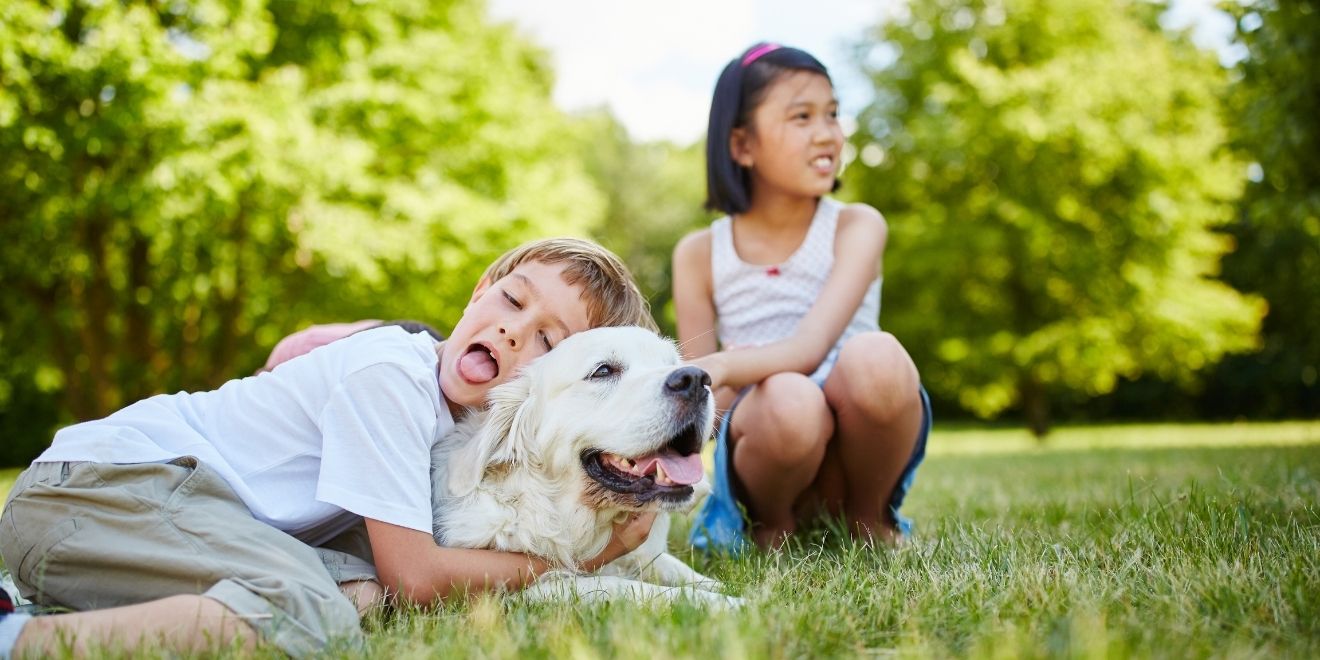
It’s instinctive for a child to reach out and hug another child, pet, an adult, or a perfect stranger. As the song goes, “they were born this way.” And children have a unique way of putting aside fears and worries.
It took a while for adults to realize what children knew from the very beginning – something was missing.
Adults were too busy with careers, responsibilities, social media, and other technological ways of connecting, and they forgot about the essential need for human touch.
At the beginning of the pandemic, adults often joked and made light of not being able to reach out and touch someone.
Suddenly, everything became real, and many of the same adults realized they were at the risk of losing something precious and unbelievably valuable.
This is what experts call a “teachable moment.”
Why Touch Is So Important to Humans and the Effects of Limited Human Contact
Another person’s touch can reduce the effects of anxiety, stress, and internal pain.

Even the slightest touch from a stranger in a well-meaning way can decrease stress in another human. And that was taken for granted when the pandemic first began.
A hug is an unspoken way of saying that you care for another human. It can be a greeting and an acceptance of the other person.
A hug can have a very calming effect and provide a temporary way to cope with any distress.
Men are not excluded from wanting to hug.
Look at the football field or basketball court after winning a game, and you can see very clearly men understand that hugging is intuitive. They lose all awareness of where they are and ignore all the stereotypical concepts that normally prevent them from sharing such close contact with another man.
They just lose it -period- but that’s another story.
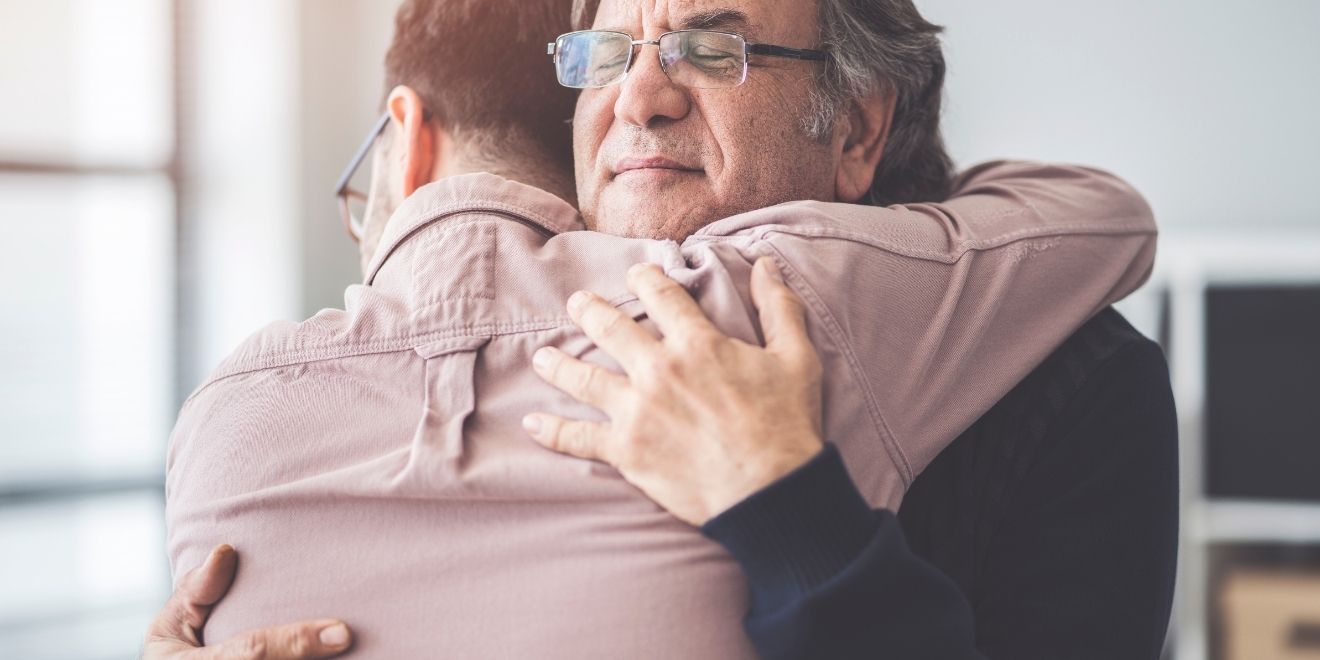
Not surprisingly, men are also in desperate need of being able to reconnect with hugs. Men are now understanding something about hugs that women have known all along, and children especially – It feels good when you do it.
To say that hugs are a primitive need for humans is not a stretch. Skin can send signals to our sensory neurons when there is positive or negative touch.
In all humans, the outermost layer of the skin, also known as the epidermis, has billions of keratinocyte cells, which then release the sensation of touch to sensory nerves.
The brain interprets it as good or bad – positive or negative. Humans are starving for a need to hug someone without the fear of either of them getting sick from the COVID virus.

#MENtorship Mondays weekly online and offline gatherings are perfect for men looking to connect with other woke men.
Humans are simply wired to be touched and to touch others in a positive and caring way.
Effects of No Hugging on Mental Health
When hugs are missing from your life, there can be an increased risk of depression, particularly in the elderly and those who are used to regularly receiving hugs. If you have a pet, you understand this philosophy very well.
Pets, especially dogs, have a keen sense of knowing when something is different. If you leave your pet home alone too long or you don’t give them affection by touching and hugging, their demeanor changes. While we don’t know exactly what they’re thinking, their body language says it all.
They become detached, act out negatively, or sulk. Is that depression?
It could be.
With humans, it’s no different. Hugging another person release oxytocin from the brain. Oxytocin is often called the “feel good” hormone within the body.
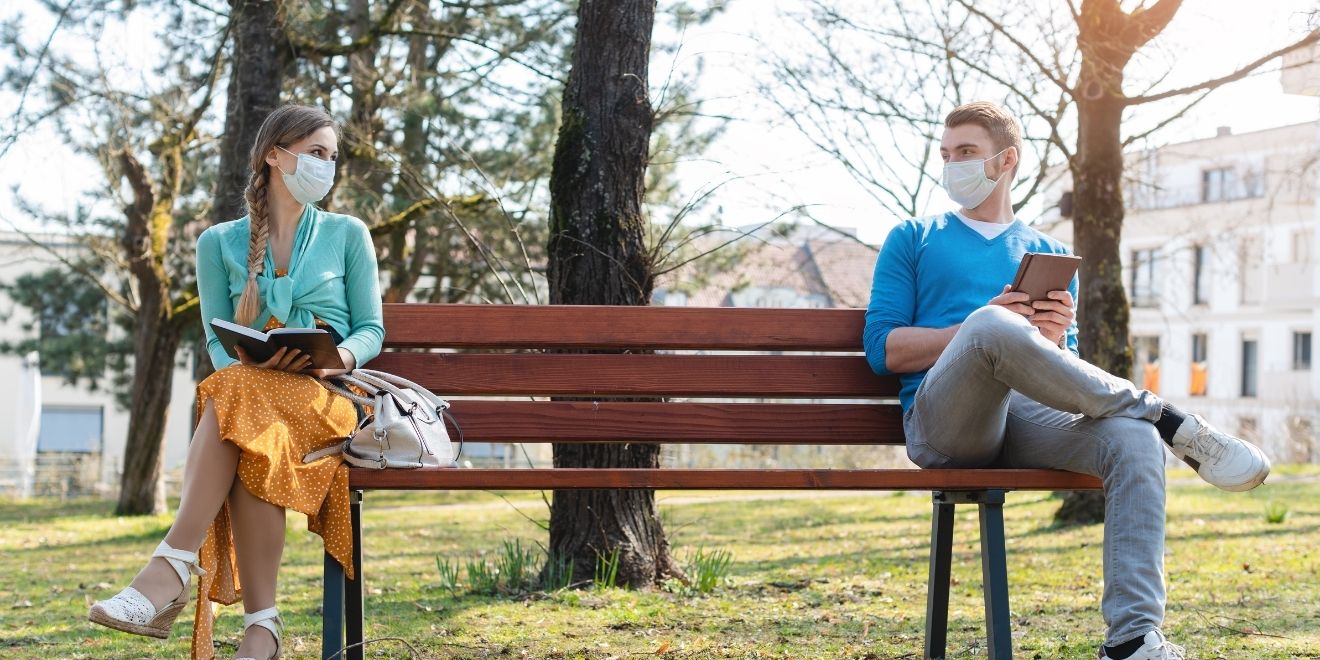
A hug simply intensifies the feeling and creates a bond with another human being. And like the example with your pet, when it’s missing, you can feel rejected even though you know it’s for your good.
Other ways that no hugging may affect your mental health
If you’re experiencing any of these symptoms, or any others that negatively impact your life, then you should seek advice from a mental health professional.
While a hug may be the tipping point of the above symptoms, the root cause may be something deeper. The pandemic has exposed that people who are missing a connection with others were already desperately in need of some type of closeness.
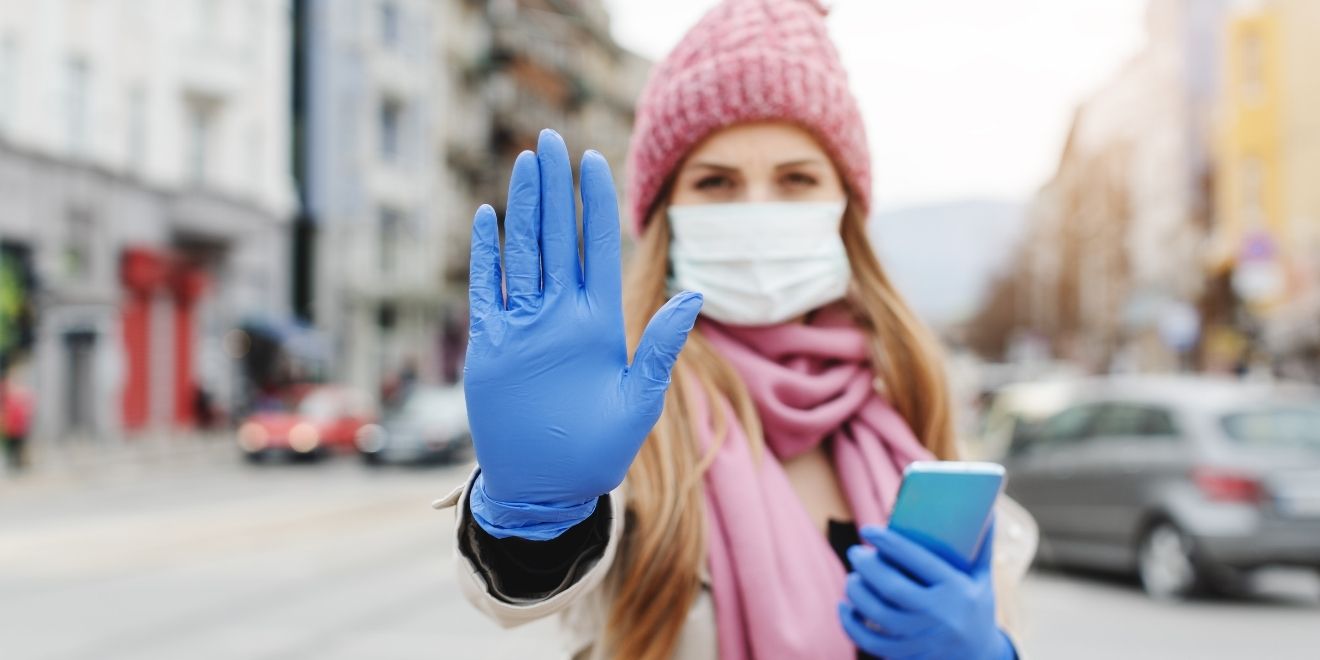
The lack of hugs has made it easier to speak about it and put everyone on an even platform. So, don’t lose hope.
Moving Forward in a Positive Direction Without Hugs
The body wants what it wants.
And all the reassuring and practical ways to understand won’t change wanting a hug. But there are ways to move forward with new normalcy.
First, accept that social distancing may be here for a while longer, and you cannot control the outcome of the situation. As they say, “it is what it is,” and it’s for your safety and others.

Second, look for the good. There is always something to be grateful for. And there is always good that can come from things that we wish didn’t exist, even the most awful experience.
Third, look at the below ways that you can begin connecting with someone and get beyond the feelings of being hug deprived.
8 Substitutes in-lieu of Hugging-it-Out
- Write a letter to someone that you want to hug and express your sentiments about them.
- Meditate when the feelings of needing to hug someone become overwhelming.
- Call or email an old friend that you haven’t spoken to in a while.
- Help an elderly neighbor or volunteer for a worthy cause.
- Use virtual technology to connect with others, such as facetime, zoom, videos, etc.
- Forgive someone who has hurt you, and then reconnect, even if to just say hello.
- Get out of your comfort zone and do something that you’ve never done before.
- Perform random acts of kindness, such as paying for someone’s gas at the pump or someone’s drive-thru order behind you. Get creative.
The most important thing to remember about moving beyond the uncomfortable feelings of not having enough hugs is that it’s temporary.
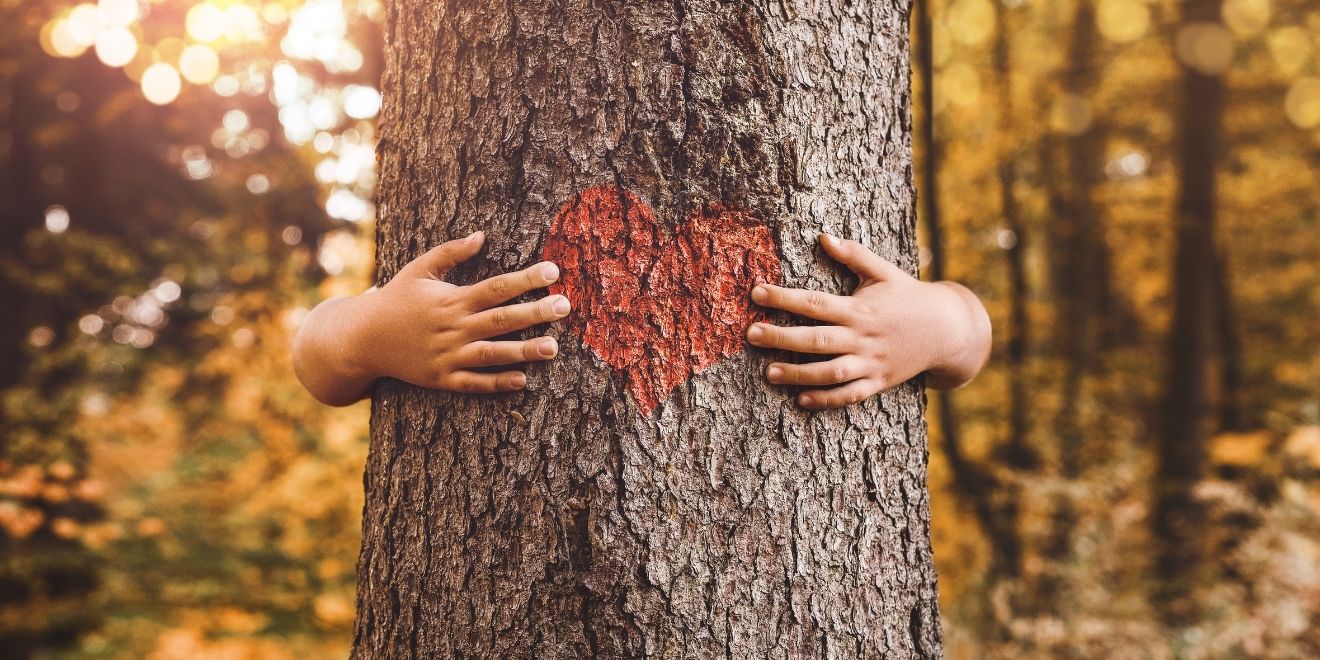
It is through the tough, challenging, and uncertain times that you’re able to grow and learn more than you ever could if everything were perfect. This is a moment of opportunity, not despair. So, don’t make a permanent decision because of a temporary issue.
This too shall pass.
And of course, while hugs are important, the most important aspect is how we treat others.
Be kind, open, and vulnerable enough to allow people an opportunity to see the real you.
A by-product of the pandemic is that people are using the opportunity to help those who are hurting in ways that were not visible before the pandemic.
It has put everyone on a level-playing field and provided an opportunity to make a difference in profound ways. When we get our minds off ourselves, it can pivot us away from dark and discouraging moments and right into the light.






